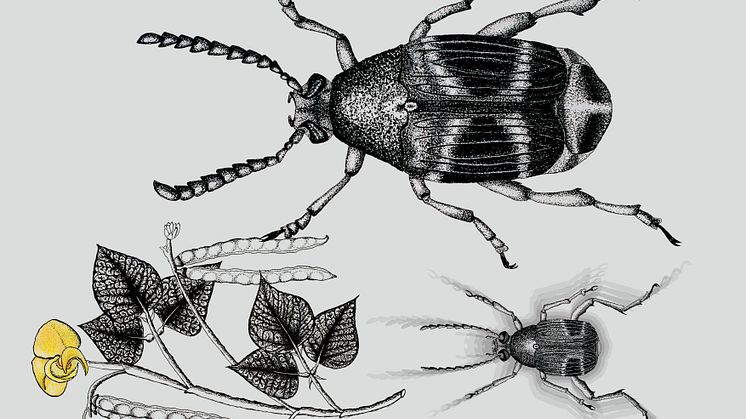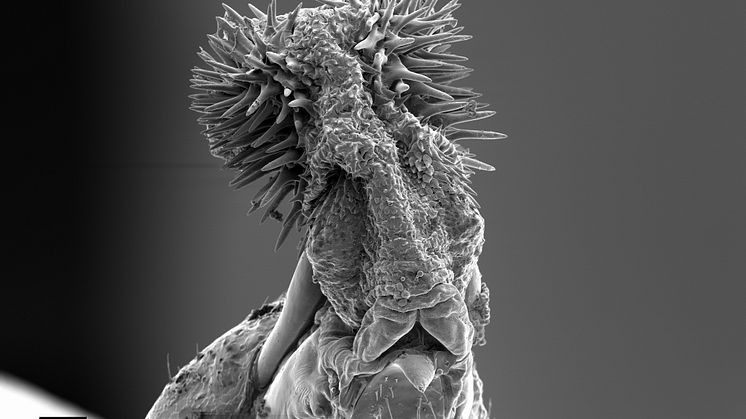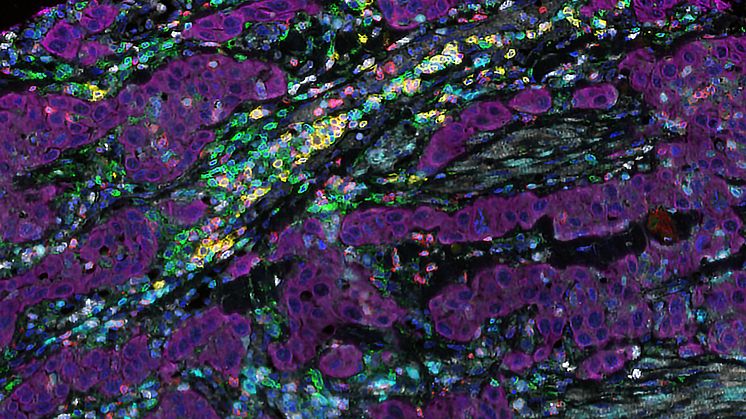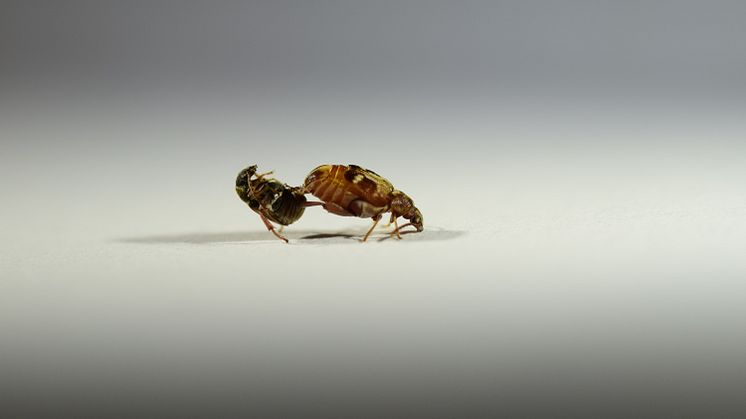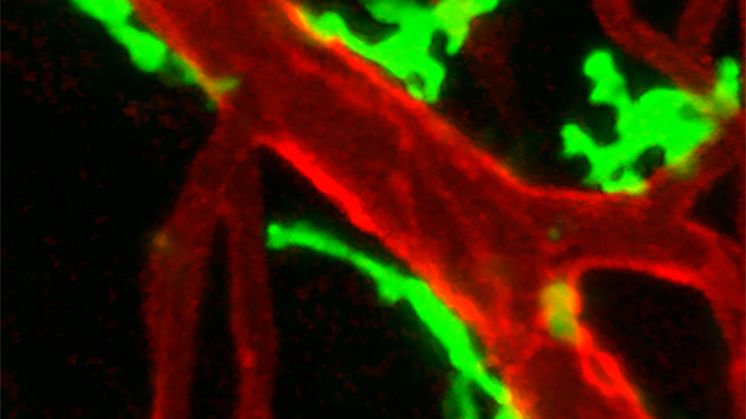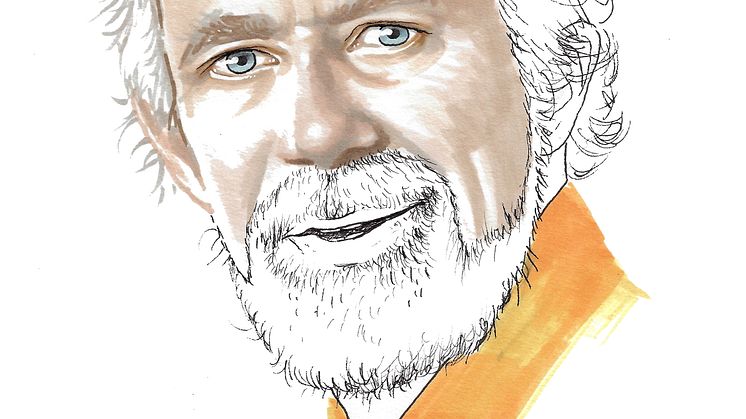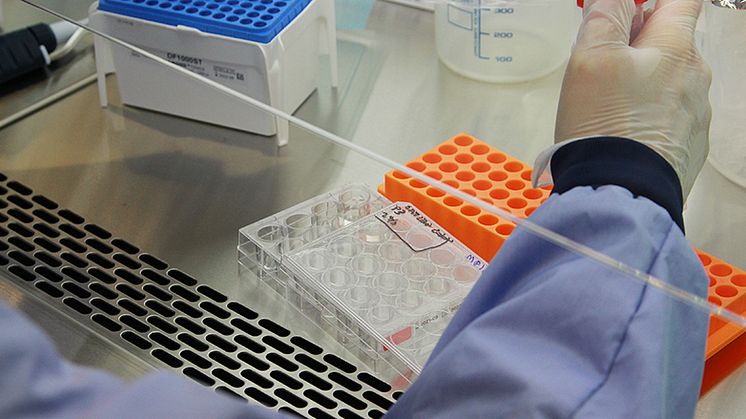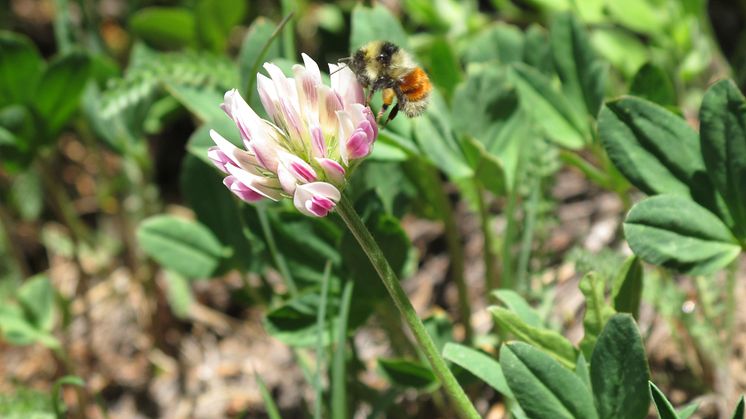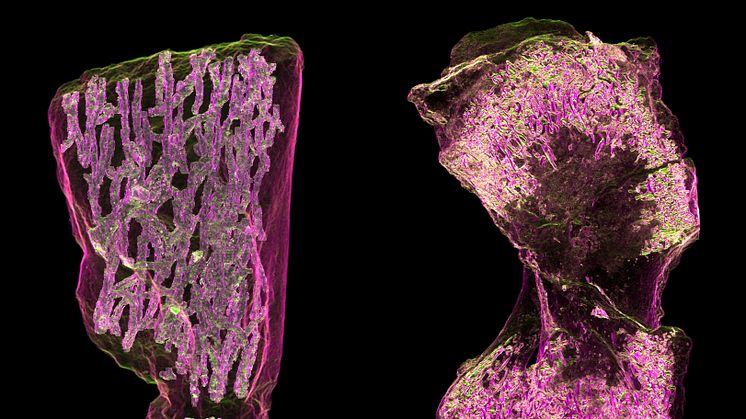Male Y chromosome facilitates the evolution of sex differences in body size
Females and males differ in many ways and yet they share the same genome. The only exception is the male Y chromosome. Using beetles as a study system, new research from Uppsala University, now published in Nature Ecology & Evolution, shows that despite of the Y chromosome containing very few genes, it can dramatically change male body size and thus facilitate the evolution of sex differences.
